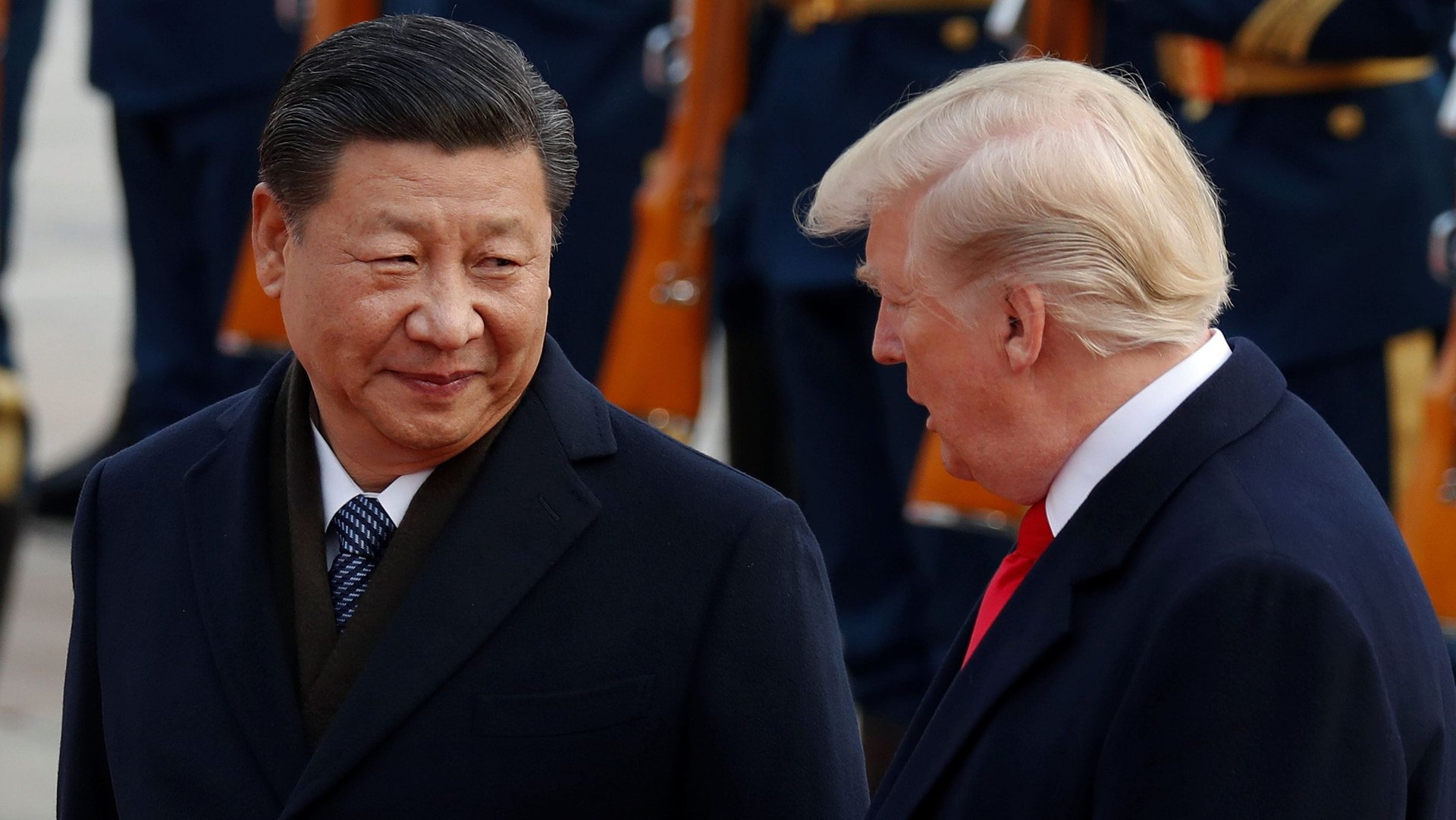Trump’s China trade war pits a divided democracy against the richest Communist regime ever
As a private businessman, Donald Trump battled cabinet makers, mechanics, and painters, using bullying lawsuits and intimidation to negotiate a better “deal” for himself, by paying them less than promised.


As a private businessman, Donald Trump battled cabinet makers, mechanics, and painters, using bullying lawsuits and intimidation to negotiate a better “deal” for himself, by paying them less than promised.
Trump and his lawyers used similar tactics on women who say they had sexual relations with him or who have accused him of assault, leaving behind a string of non-disclosure agreements and opaque private settlements.
But in sparking a trade war with China, the self-proclaimed great dealmaker faces a completely different type of adversary from small businessmen or Playboy bunnies. He is taking on the richest Communist Party regime in history, under a leader who has just consolidated power so completely that he’s effectively allowed himself to be ruler for life.
Xi Jinping not only has a tight grip on the world’s second-largest economy. Key US industries, including agriculture, autos, and airplanes, are heavily dependent on China for profits.
After China retaliated with its own tariffs, Trump escalated the trade war this week, by pushing for another $100 billion in tariffs without consulting his own party, sparking outrage. John McCain has decried Trump’s lack of “a real strategy” and his fellow Republican senator, Ben Sasse, says the president has picked the dumbest approach possible, and is “threatening to light American agriculture on fire.”
Politically, China right now has something that the US does not—unity.
Yes, this is because China is an autocratic dictatorship, in which human rights are regularly abused, and no one has a vote. And yes, there have been plenty of Beijing power struggles beneath the surface. But when it comes to the trade war, Beijing’s establishment is “united on the response they’ve taken” to the US’s proposed tariffs, said John Ross, a senior research fellow at Chongyang Institute for Financial Studies at the Renmin University of China, who says he’s in regular contact with economic policymakers. “I have not detected any significant signs of disagreement about what should be done,” he said.
Trump is negotiating like he’s still in the private sector, acting like he’s king of his own empire. In reality, it is Xi who has that kind of power. No one in China is likely to speak out against Xi’s trade pushback, because if they did they’d be silenced, perhaps brutally.
In acting like he has the same authority as Xi, Trump is setting himself up to lose this biggest of deals.
This was published in the weekend edition of the Quartz Daily Brief, our news summary that’s tailored for morning delivery in Asia, Europe and Africa, or the Americas. Sign up for it here.